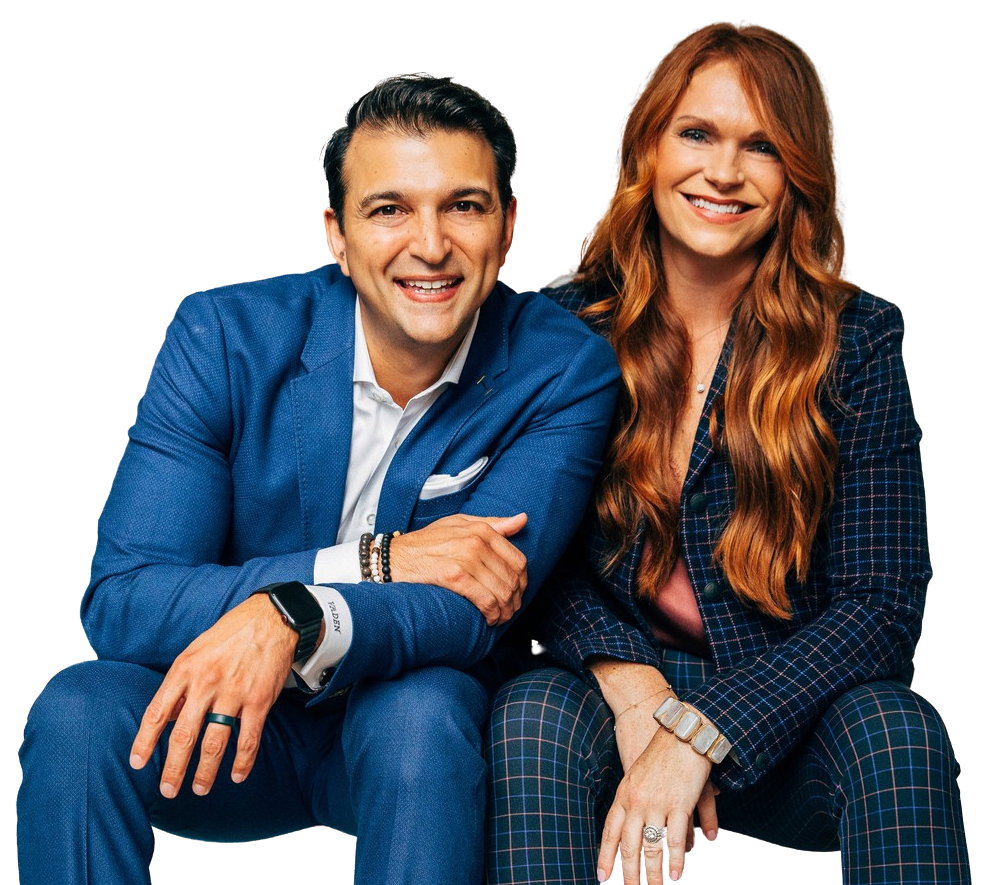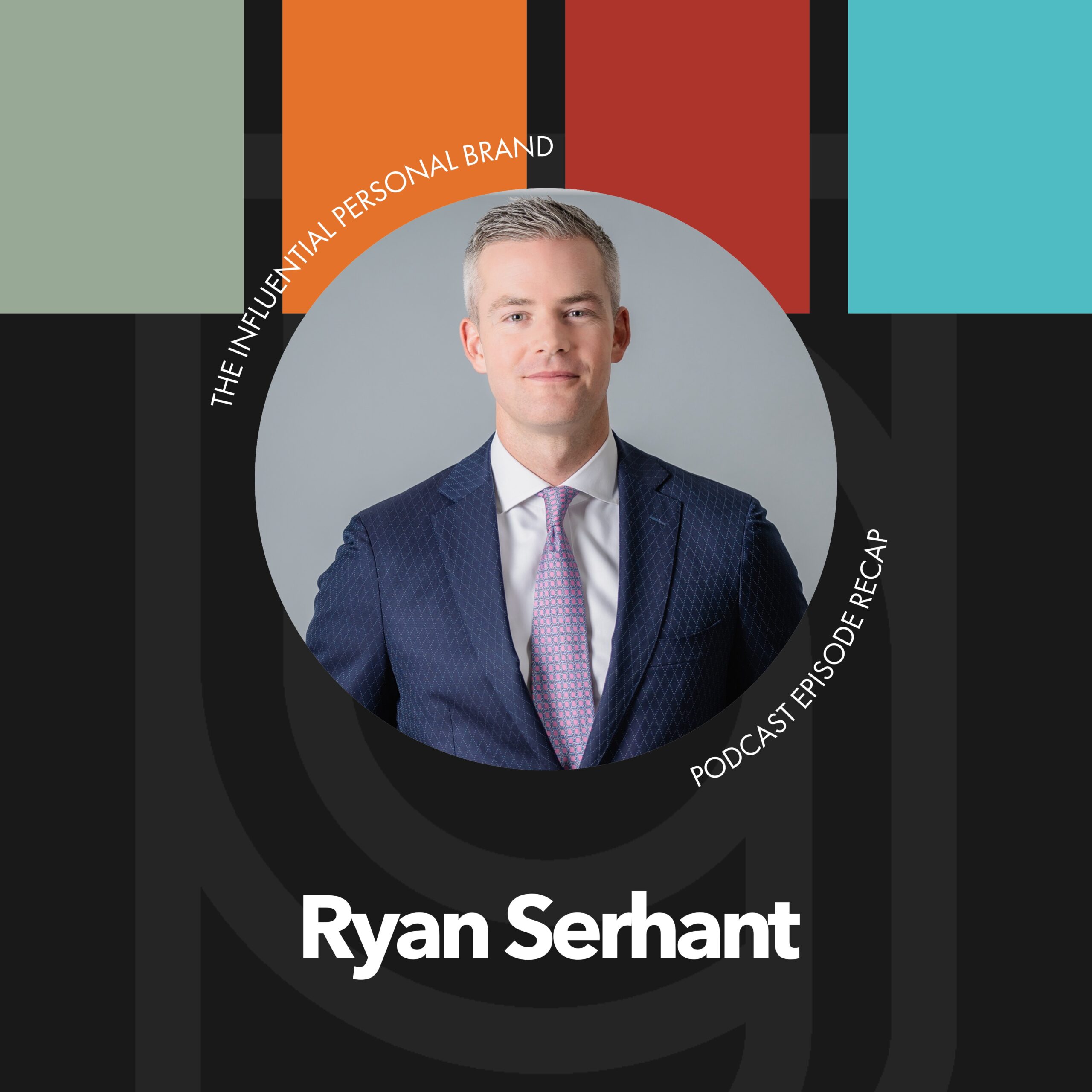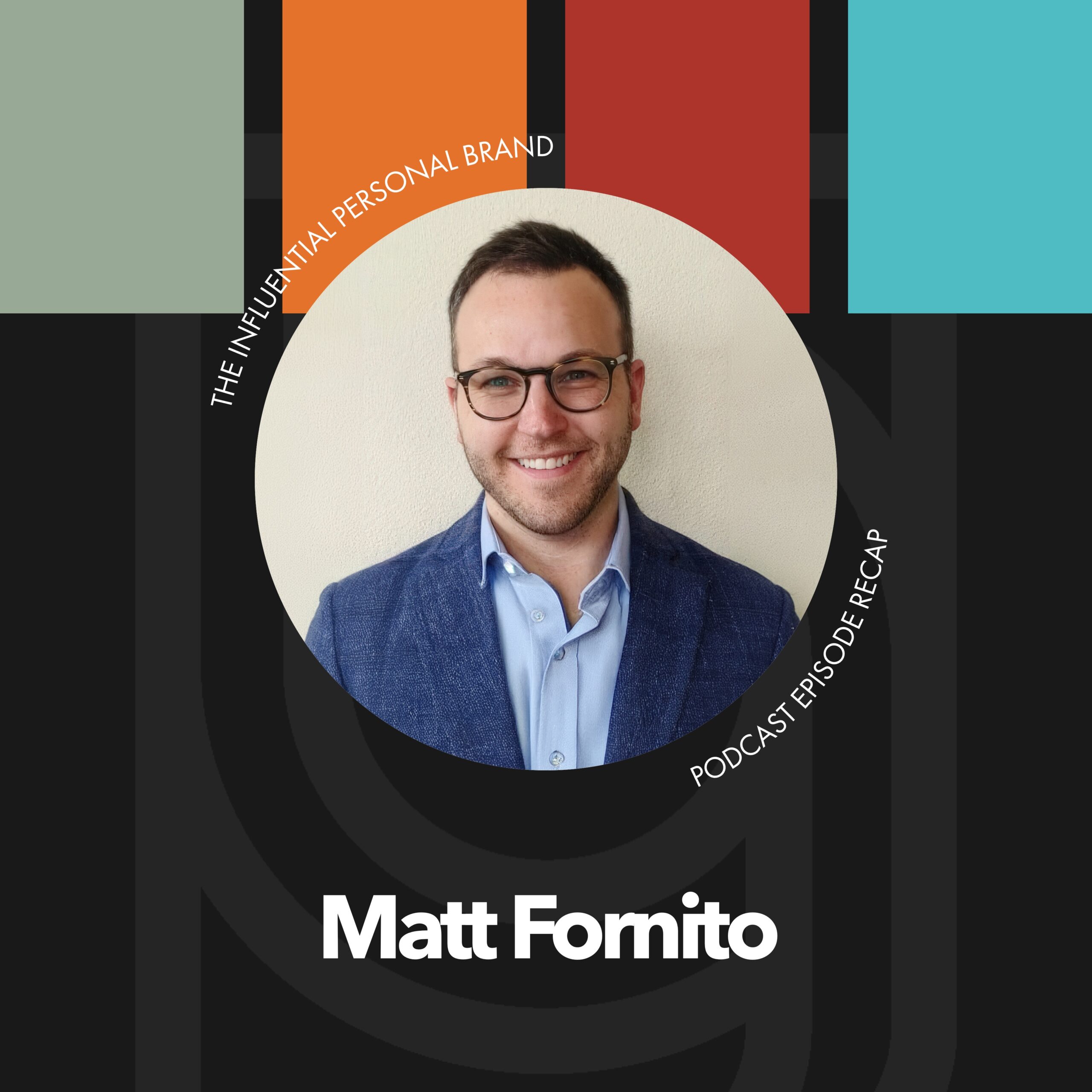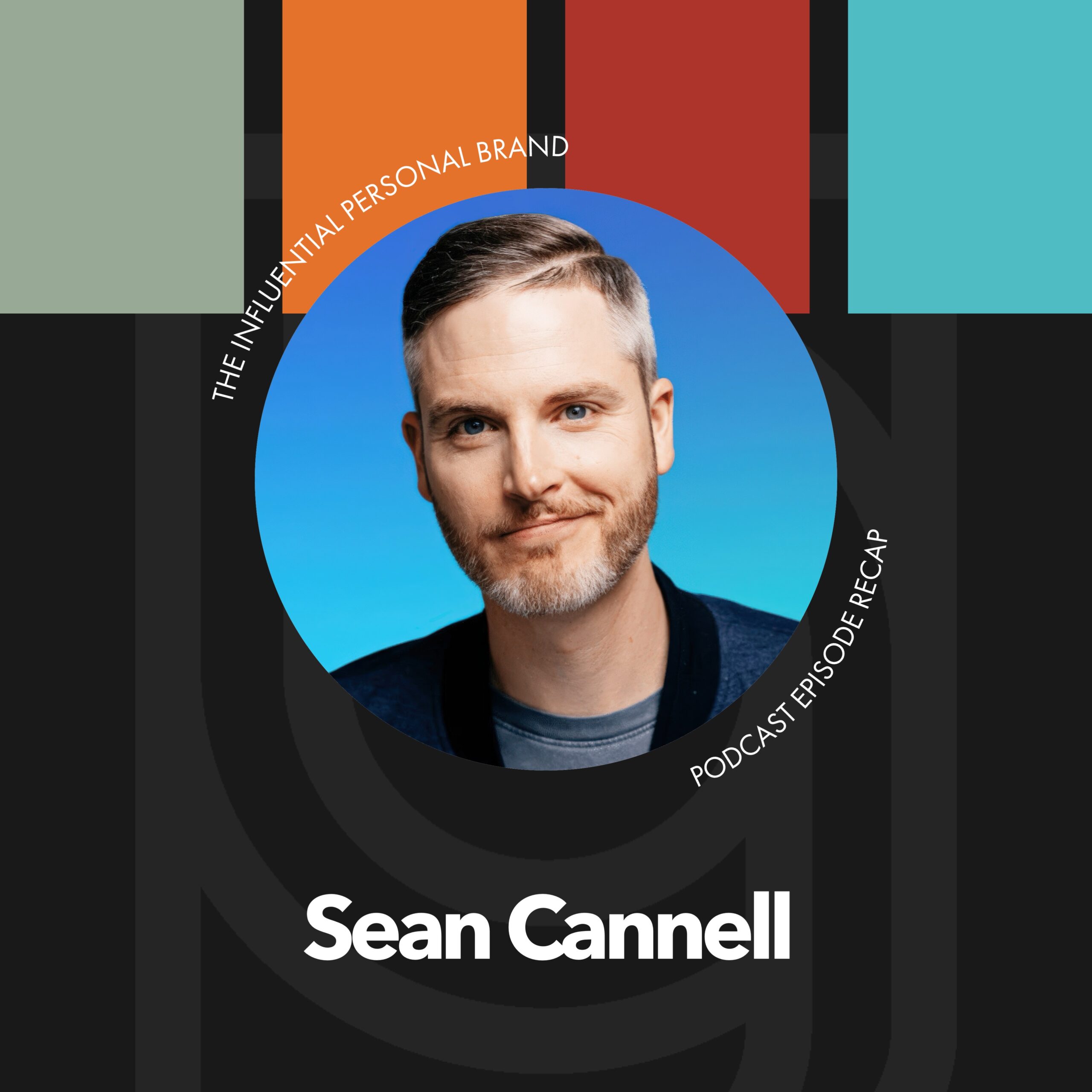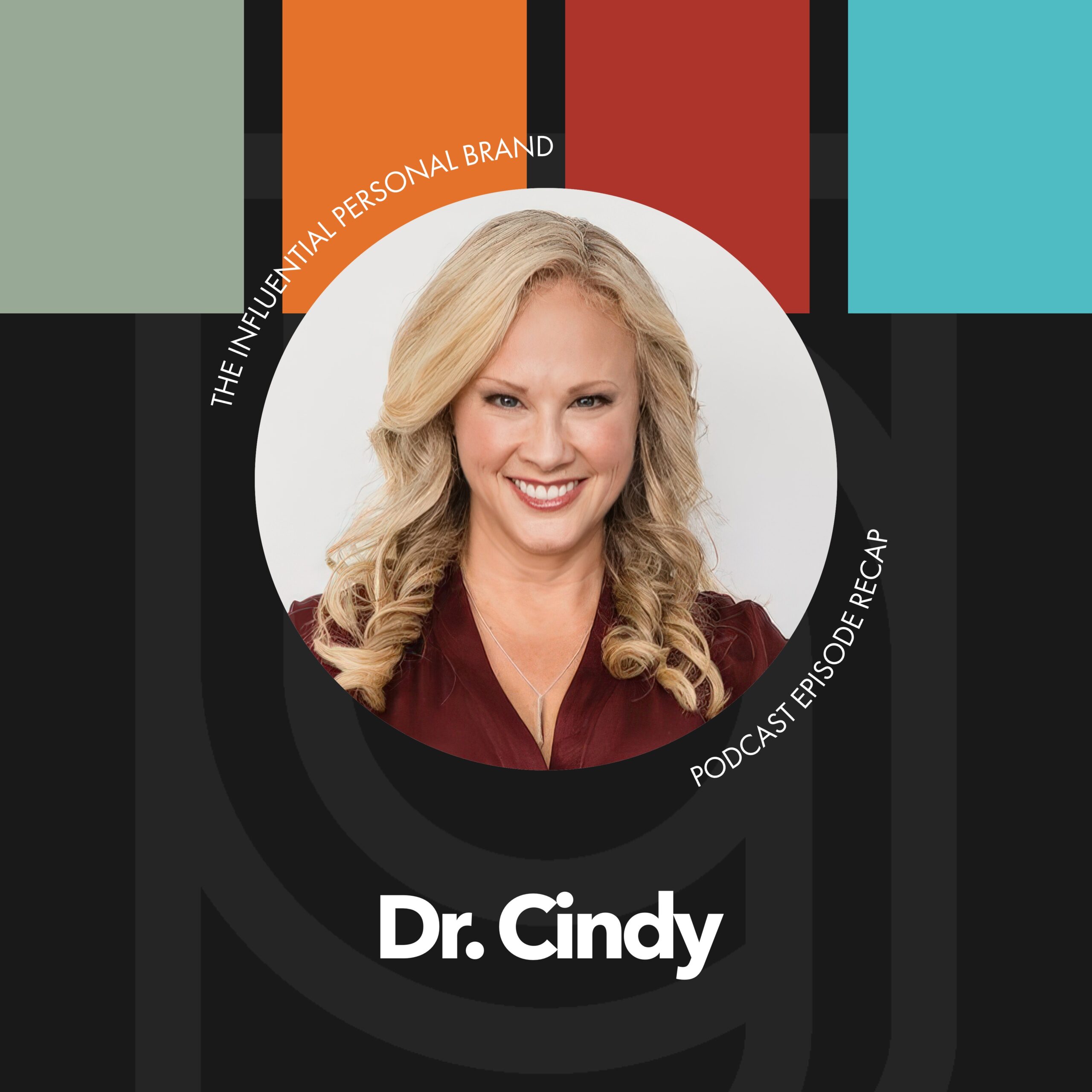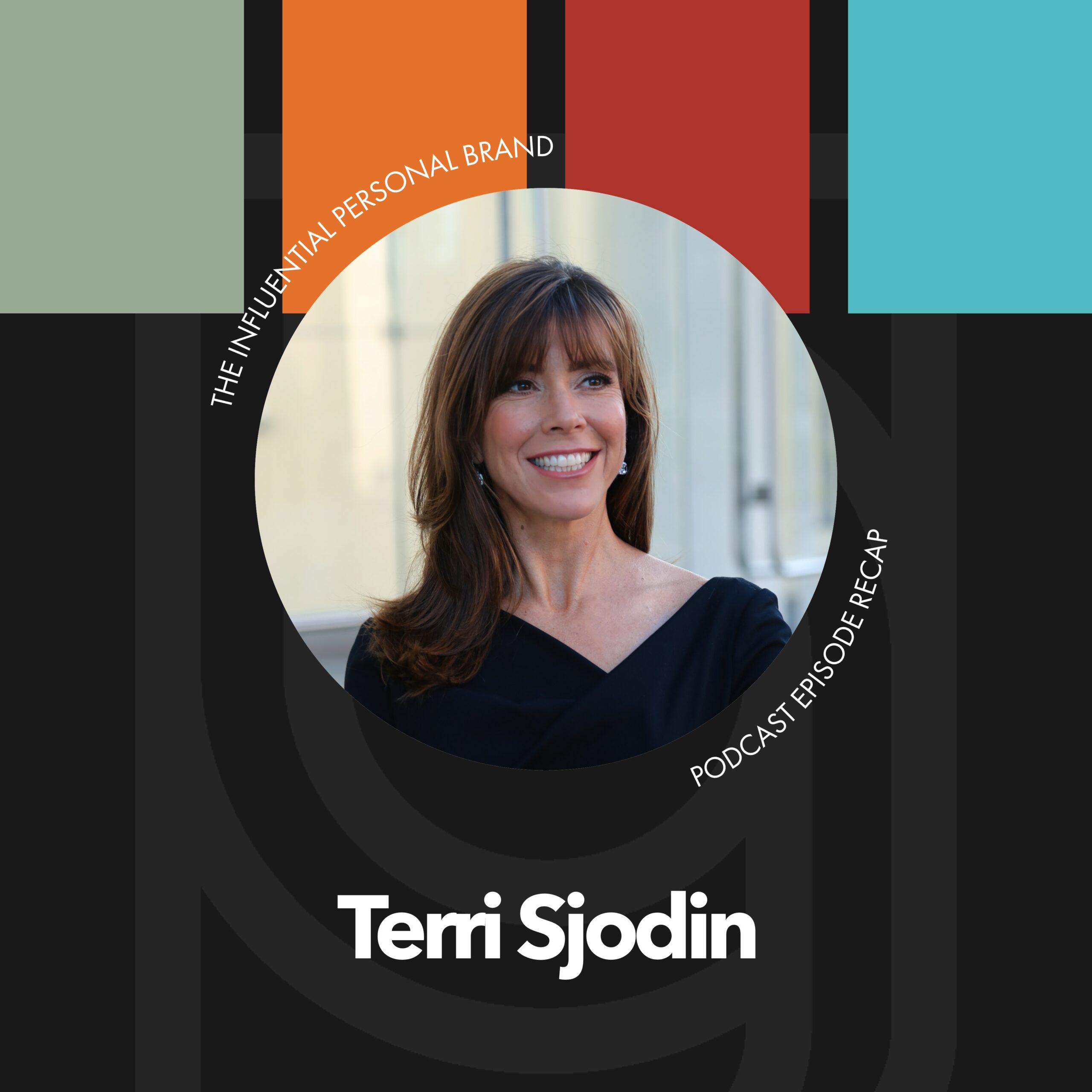AJV (00:02):
All right, y’all, let’s talk about how to keep more of the money you earn, right? You’re making money now. Let’s talk about some key ways to help you keep some more of that moolah that you’ve been working for. Had a great conversation with a friend and a client, a brand builders group, and I thought I would just take some of these highlights of this awesome conversation around money and taxes and financial literacy and bring them to you. And a couple of like key points. So I’m so excited for this because I personally learned so much from this conversation, so I know that you are too. So here’s a couple of things. Financial literacy is a skillset that you must learn as a business owner and entrepreneur. That does not mean you have to do all of it. That does not mean you need to know everything, but it, it does mean that you have responsibility to know enough that you can make good decisions for your business without just going, Nope, I’m gonna hand that over to the professionals.
AJV (01:05):
Hope they do a great job, and none of it’s my responsibility. That’s not true. It is your responsibility. In fact, the number one reason that small businesses fail is a lack of funding. They run outta money. And that means that they did not have a good, healthy stance on when the money was coming in and when the money was going out, right? That’s cash flow, right? And so there’s a few things that you can do to better understand your financials and manage your cash flow to make sure that you stay in business and you keep more of that money. So here’s a couple of things that we talked about is one is just account dispersion, right? In light of all the things happening with like the S V B banking situation and the F D I C insurance and interest rates and all kinds of market volatility there are some things that you can really do to that makes a difference.
AJV (01:57):
One you need to have account dispersion. You need to have account that’s for everyday operating expenses. Then you have an account that is really your reserve. Used to people would say, keep four to six months of your operating expenses in a reserve account for emergency purposes. I e like covid the pandemic, right? If you didn’t have that am that amount of money in reserve, you likely did not end the pandemic still in business today. However, people are suggesting six to eight months, that’s a lot of money. That’s not a part of your everyday operating cash flow. But that’s a good necessary thing of going. You need that as that backup reserve, right? That emergency fund and the na or in the terms of Dave Ramsey, then actually have a tax account, have a tax savings account where every single month you take 20, 25, 30%, whatever you think you’re gonna end up in terms of your tax bracket, pull that out of your earnings every single month and stick it at a tax account.
AJV (02:57):
So you’re not surprised with a six figure plus bill at the end of a really successful year. And now you’re going, whoa, we can’t afford to pay that right plan for in advance. Now, this is not my money. This now belongs to America and put it in your Little America tax fund and keep it separate so you have a good accurate standing of the cash flow, not only of today, but where it’s gonna be in 3, 6, 9, 12 months from now. Then also have a fourth account that is your true like savings and fundraising for the business. So what are the things that you want to do in the business that you need to start setting money aside for? Maybe you want to buy a commercial building. Maybe you want to do a new website. Maybe you want to do this education or this course, or this mastermind, whatever it is.
AJV (03:44):
You have your reserve fund, which is for the operating functions of the business, but then you have a savings or fundraising fund to go. And these are things that we wanna do. So if we can’t afford them right now, we’re going to start putting money aside so that we can’t afford to them one day without impacting everyday cash flow, account dispersion. Simple, not easy, super important, right? Next is like mindset, right? Know the goal for your money, but you actually need to know like, what are the financial goals that I have for me and the company? Somewhat simple, but often we don’t take the time to go, what is the goal of what I’m doing, what I’m working for? Like what, what am I actually trying to do with this? Then you have to know where your money is going, right? I love this little saying of, I don’t even, I can’t even give credit where credit is due.
AJV (04:30):
It’s been so long, but before you expect you must inspect. So you have to know when your money is going out and when the money is coming in. Simple but not easy, right? You’ve gotta know like when every month or every week of every month, do typically expenses go out and when does revenue come in? That’s cash flow, right? But you’ve gotta do some inspecting before you can create any level of expectation of what’s going to help healthily grow the business. Then you gotta understand like the, the cadence and the sequence of that flow. Is there regularity to it or well, or do you work in seasons where there’s a launch and then there’s a long pause and a launch and a long pause? Are you in a recurring business model where there’s that natural cadence where I can expect that, you know, between the 15th and the 28th, most of all of my recurring payments come in during this time period.
AJV (05:23):
I make payroll on these dates and that’s when the money is going out on these periods. So some of it is just knowing the cadence and the flow of when the money comes and when the money goes based on the type of business that you have. Is it a recurring model? Is it a, you know, buy one at a time kind of model? Is it a launch season model? What does that look like? And then last but not least, it’s knowing how to save and reduce your tax liability. Okay? So that’s the last thing I’m gonna talk about some, some somewhat quickly here. Here are four quick things that you should go and research. I am not a tax professional, I’m not a financial professional, I’m an entrepreneur. So these are just things that you should go and research on your own.
AJV (06:05):
Talk to your CPA financial planner, a professional who’s accredited, who has a license in this. These are just ideas to bring to them, okay? Number one, if you’re an L L C, make sure you’ve got the s corp election. If you qualify for that that allows you to avoid much of the self-employment taxes. Also allows you to qualify for the 1 91 99 a deduction. Okay? So that’s the first thing. Just take that to your professional, right? Look it up, take it to them. Second is the Augusta election, right? So can you rent out your home that is not currently used in use for any sort of everyday business expenses for business events? So client gatherings, company gatherings weekly meetings, monthly meetings, annual meetings. But the Augusta election allows you to run out your home tax free for 14 days. It does require documentation comparison.
AJV (06:59):
There’s a lot of work that goes into it, but that would be worthy of going, do I qualify for that? Could be a really good strategy. Number three, home office deductions, right? The percentage of the square footage of your home that is solely dedicated that you can prove to actual business expenses. You can take that same percentage of your square footage and apply that to all of the household expenses that you have. Your internets electric utilities all the things, right? Maintenance. so do the work, have it documented and talk to your professional . The last but not least is are your kids eligible to be employees? Can you hire your kids to work for you? Previous years you could pay them up to $12,500 tax free. Now it’s up to $13,850 tax free. But you need to make sure that the age ma matches the payment and the payment matches the job.
AJV (07:58):
So you cannot the example my friend Shannon gave is, you cannot hire your two-year old to be your co your core here, right? Your driver that is not gonna work out. But do you have positions in your business? And I will just give this a quick example for me. I am a, I have a personal brand, right? I have a lifestyle personal brand about motherhood and entrepreneurship. I speak about it, I blog about it, I podcast about it. And so I hire my kids as child models so that I’m not renting children that aren’t my kids to be the child model. So why not pay my kids for that? So for photo shoots and all that, I looked up, if I had to hire an agency to hire child models, what would I pay per hour? You gotta do all the math. I created a contract, I did all the things. Then they could be legitimate employees even at younger ages. But you gotta have a legitimate reason with legitimate proof in order
AJV (08:54):
For these things to work for you, right? So that is super high level that is not even scratching the surface of all the things that you can be doing, should be doing to have a better grip on how do you keep more of the money that you earn. But those are some high level things from a recent conversation, and I know if it was that impactful for me, you’ve got to be able to take something from it too. So, hope you enjoyed it. Hope at least one of those gives you some ideas of how to keep more money that you earn.






